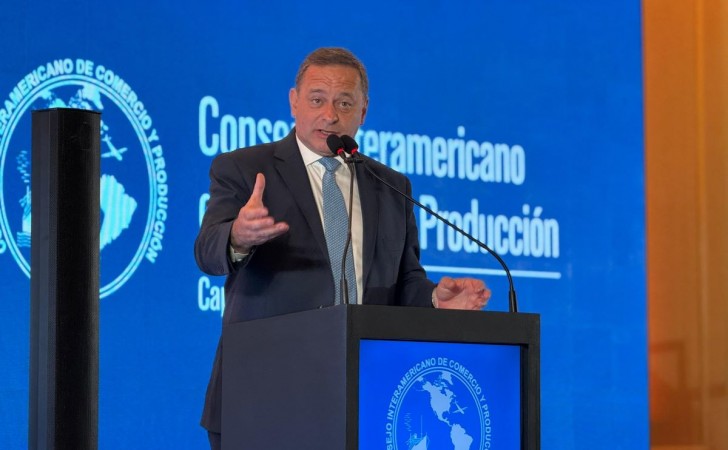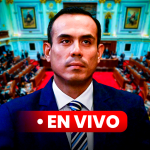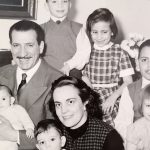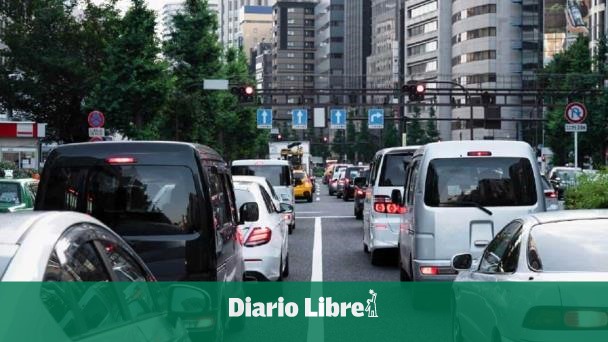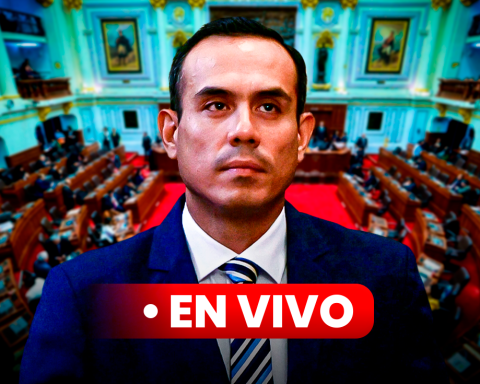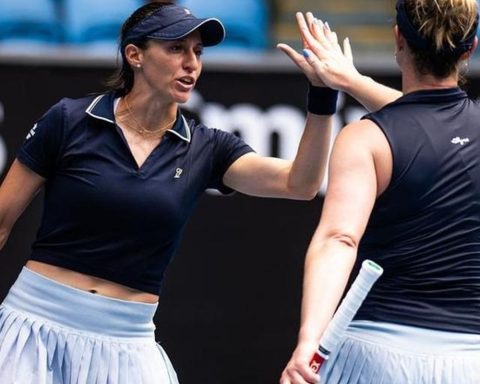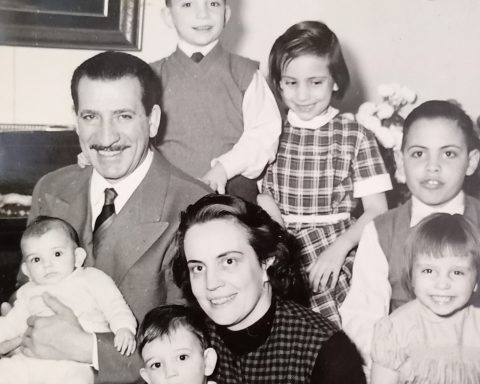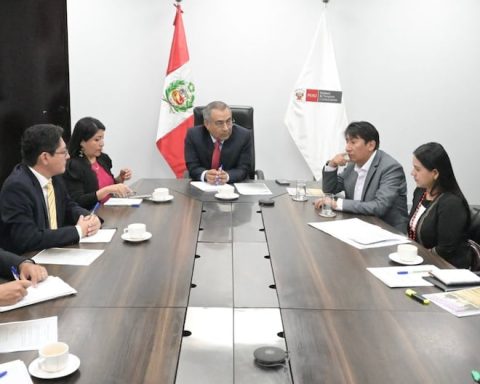
The presidential candidate of National Party (PN), Alvaro Delgadoexpressed his intention to consolidate himself as the defender and continuer of the president’s policies Luis Lacalle Pouwhose government he was part of until he decided to run.
During his speech at an event organized by the Inter-American Council of Commerce and Production (CICyP) in ArgentinaDelgado stressed his commitment to maintaining the government’s direction and offering stability to foreign investors, and did not miss another opportunity to criticize the Frente Amplio.
Delgado, accompanied by his formula mate, Valeria Ripolland a high-profile delegation, which included the chancellor Omar Paganinito the potential Minister of Economy, Diego Labatand other key figures in the Uruguayan government, reinforced the image of Uruguay as a safe economic haven. “The relationship was strengthened in the pandemic, with a record number of Argentine residences,” he stated, highlighting the boom in investment and skilled migration to Uruguay.
Delgado wants to give confidence to businessmen
The event was attended by business leaders such as Gustavo Weisspresident of the Chamber of Construction of Argentina; Adelmo Gabbi of the Buenos Aires Stock Exchange; Alejandro Bulgheroni from Pan American Energy; and Juan Carlos López Menapresident of Buquebus. In this forum, Delgado reaffirmed: “If Argentina is well, it helps Uruguay to be well,” alluding to the economic interdependence that benefits both nations.
The candidate emphasized his desire to keep Uruguay as a country open to foreign investmentwithout ideological reservations about the origin of the investments. He stressed that a large part of Uruguayan development is linked to the contribution of Argentine businessmen who choose to invest in the country.
Álvaro Delgado similar to the ideas of Javier Milei
In an aside, Delgado addressed relations with the Milei government, describing them as promising and highlighting mutual achievements such as progress in port dredging and the elimination of trade obstacles. He highlighted the importance of the “signals” of collaboration, thanking the management of the president of the Argentine Industrial Union (UIA), Daniel Funes de Rioja, for ensuring payment for Uruguayan exports.
Likewise, he showed his shared vision with Milei about a more dynamic Mercosur, adaptable to the realities of global trade. Delgado stressed that, although the Mercosur-EU agreement is paralyzed, there are other opportunities on the horizon. This point reflects its strategy to expand trade relations in a more flexible regional bloc.
Time and again he shows himself as the candidate for the continuity of the liberal and right-wing policies of the Lacalle Pou government, which is about to end. He avoided even entering the field of reviewing the administration’s errors, although he admitted that “there are always things to correct.”
To finish off, speaking of the Frente Amplio, he differed from the ideas of the candidate of that political force, Yamandú Orsi, because “two different models are at stake”, and concluded by rejecting the social security plebiscite promoted by the PIT-CNT, describing it as “irresponsible” and urging its rejection.
